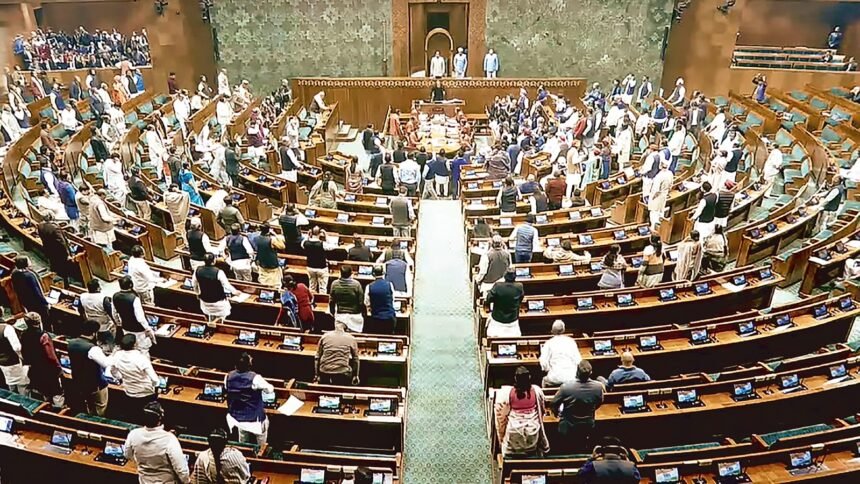Around 80% of posts sanctioned in central universities for professors under the OBC category and nearly 83% in Scheduled Tribe (ST) category remain vacant, according to data provided by the Centre in Parliament Wednesday.
In a reply to a question in Rajya Sabha from RJD MP Manoj Kumar Jha, Union MoS for Education Sukanta Majumdar presented the data on the category-wise number of sanctioned posts and number of positions filled for professors, associate professors, and assistant professors as of June 30, 2025.
As per data, under OBC category, only 84 of 423 posts sanctioned for professors have been filled. For the Scheduled Tribe (ST) category, 83% of posts are vacant as only 24 of 144 have been filled while 64% of posts sanctioned are vacant in the Scheduled Caste (SC) category with only 111 of 308 posts being filled.
In general category, 39% of sanctioned posts for professor were vacant with 935 of the sanctioned 1,538 posts being filled.
For associate professors, around 65% of sanctioned posts for the ST category (108 of 307 filled) and 69% (275 of 883) in OBC category were vacant. In SC category, 51% of posts were vacant with 308 of 632 being filled.
In the general category, 16% of posts were vacant — 2,533 of 3,013 were filled.
In case of assistant professor, vacancies in the SC/ST/OBC categories were lowest — 23% for OBC (1,838 of 2,382), 15% for ST (595 of 704), and 14% for SC (1,180 of 1,370).
Story continues below this ad
RJD’s Jha had also asked for the number of candidates declared “not found suitable” (NFS) in each reserved category, whether the data shows higher incidence of NFS in these categories, and reasons for higher NFS use in reserved-category recruitment.
Pointing out that data on candidates declared “not found suitable” is not maintained centrally, Majumdar said in his response that applications are invited through open advertisements, and selection committees that are constituted for recruitment make recommendations on the suitability of the candidate for the post.
Accordingly, appointments are made based on these recommendations, and “only in cases where suitable candidates were not available, irrespective of category, appointments weren’t made.”








